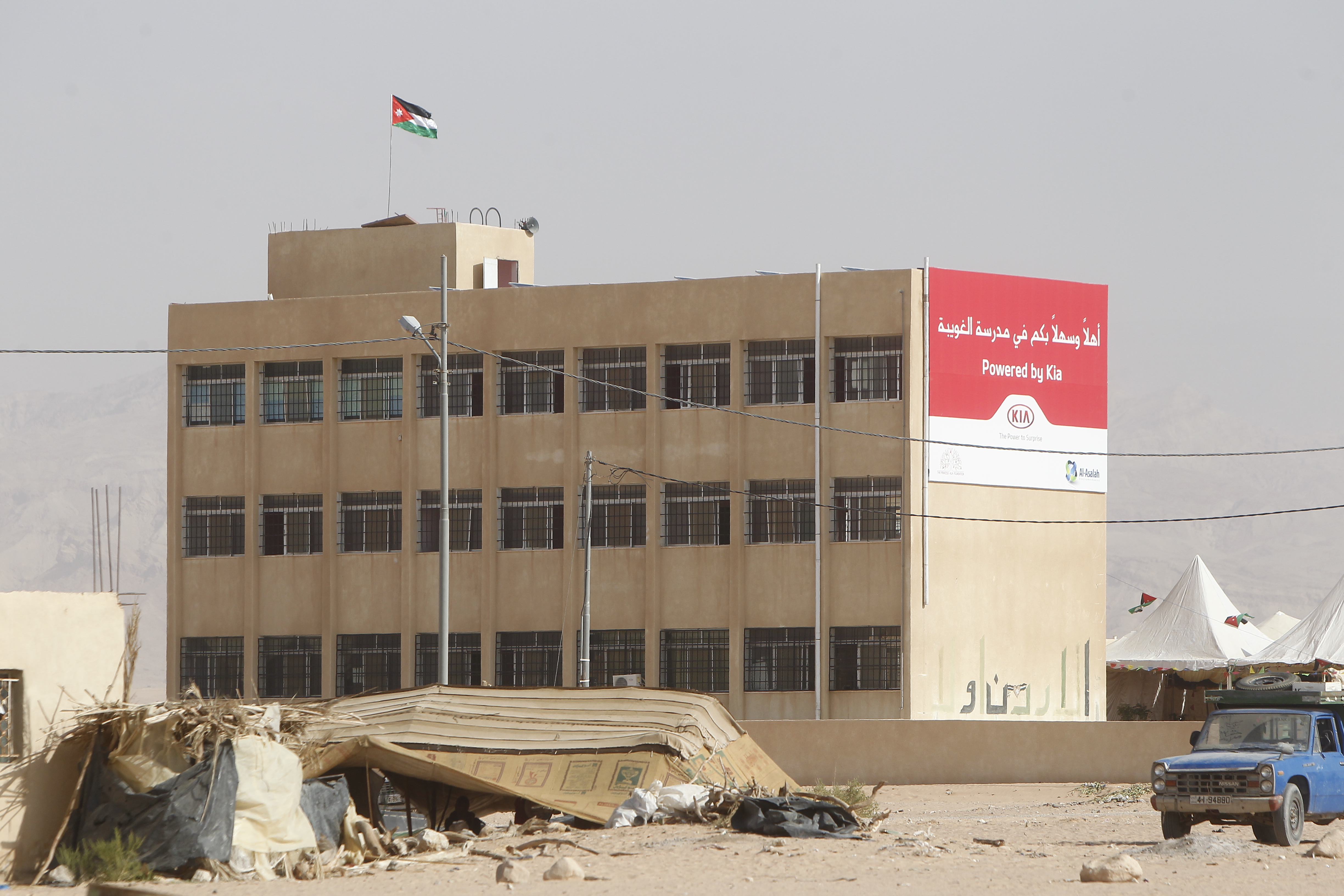No Borders in Education

We often hear that ‘education is the key to the future’ and yet there are some 70 Million children out of school across the globe. There have been a multitude of initiatives focusing on education around the world, exerting public pressure on decision makers to make education a priority. This has been achieved, however many countries around the world still do not find themselves with enough funding to create the all-important schools.
With poverty rising, the growing problems of unemployment, many of the poor and vulnerable households across the world are faced with the reality of having to cut back on their spending in education. Their children are removed from school and enter the vicious cycle of poverty.
Having access to a meaningful education is a basic human right and it is easy to lose sight of the fact that although the world will recover from the effects of the global recession, the lack of commitment or ability to provide equal opportunities for learning to children may result in a ‘lost generation’. Children left out of education face a future of diminished opportunities for employment, health and active participation in political processes which have a direct bearing on their own lives. Limited access to education remains one of the most powerful ways of transmitting poverty from one generation to the next.
The Princess Alia Foundation in launching the ‘No Borders in Education', aims to support the Ministry of Education and serve all students across the country and beyond in achieving their right to quality education.
The approach used:
-
To work in the field in all areas across the country in order to assess the needs of the local communities and the access and quality of education provided.
-
To provide scholarships for students in need in order for them to complete their education and move on to higher education.
-
To provide support to the communities through initiating programmes for the local community within the school grounds, after the official school day.
-
Enhancing the role of the school as a true community school.
-
Assisting the schools to reach a level of sustainability where they are able to create budgets which will be used to enhance the quality of the education provided. This would be done in conjunction and agreement with the MOE.
-
To build schools using ‘green’ building materials and ensuring that the school is powered through the use of renewable energy. The excess may be sold to the national grid. All income returning to the school and the community around it.
-
To lobby for change at the policy level in order to ensure a high quality of education for each student across the country regardless of socioeconomic background or geographical location.
-
To create communication and co-ordination between all parties working in the field of education in the country to ensure there is no duplication and that all donor funding is being used to its full capacity with sustainable approaches to education reform.